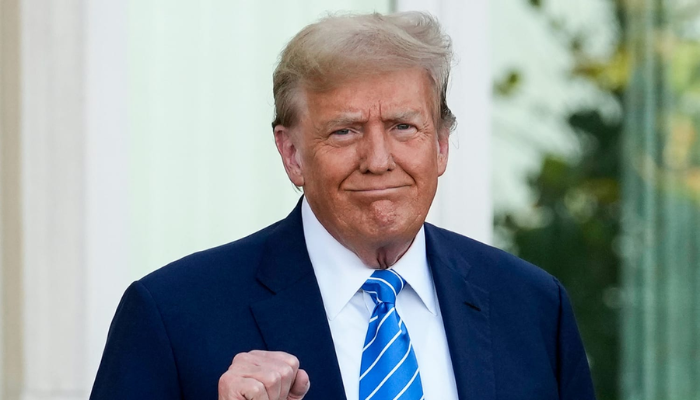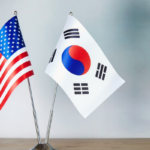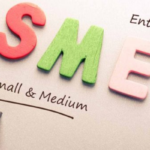Small and medium-sized enterprises (SMEs) around the world are reacting to renewed trade tensions as U.S. President Donald Trump refuses to ease tariffs, despite global market instability.
Trump confirms no change in tariff stance
President Donald Trump has reaffirmed his commitment to maintaining tariffs on international trade, a move that continues to affect businesses and financial markets across the globe. Speaking from the Oval Office, Trump stated, “We’re not looking at that,” when asked about the possibility of relaxing tariffs. He added, “Countries want to negotiate, and they’ll be paying substantial tariffs.”
This development follows a series of discussions with trade partners and a backdrop of market uncertainty. The President’s decision marks a continuation of his administration’s approach to global trade and signals that current policies will remain unchanged for now.
Read also: NCBA and AGF renew KES 3bn credit guarantee to boost SME financing in Kenya
SMEs face rising costs and uncertainty
Small and medium-sized enterprises are among the groups most exposed to the ongoing trade tensions. Many rely on cross-border supply chains, imported materials, or international markets for growth. As tariffs increase the cost of doing business, SMEs are struggling to maintain profit margins, meet production timelines, and adjust to volatile exchange rates.
Some businesses have begun to consider restructuring operations, delaying expansion plans, or passing additional costs to consumers. For others, the uncertainty has made it difficult to plan ahead or secure funding.
Read also: Canon to train youth in photography and filmmaking in Bariga and Makoko
Financial markets react to tariff news
The announcement had an immediate impact on global financial markets. On Wall Street, investors responded with sharp fluctuations as concerns grew over the potential long-term effects of a prolonged trade war. Key indexes showed significant movement as traders weighed the possibility of lower corporate earnings and reduced international trade.
The market instability is expected to have ripple effects, especially for SMEs that depend on investor confidence, stable interest rates, and predictable supply chains.
Read also: SMEDAN DG calls for implementation of ECOWAS Small Business Coalition programmes
Global trade partners monitor situation
Governments and trade organisations around the world are watching the situation closely. Many are reviewing their own tariff structures and exploring new trade partnerships in response to U.S. policies.
The sustained pressure on SMEs highlights the broader implications of global economic policies on everyday businesses. With no clear resolution in sight, many small businesses are being forced to adapt quickly or risk falling behind.
Read also: Middle East, African SMEs record strong growth in Digital Payments
What lies ahead for SMEs
As the trade dispute continues, SMEs are bracing for further disruptions. Some are calling for support measures from their own governments, including tax relief, export assistance, and access to affordable credit. Others are exploring local sourcing and new markets to reduce exposure to international uncertainty.
In the absence of a shift in U.S. policy, the situation remains fluid. Business owners are preparing for more challenges ahead, hoping for clarity but planning for resilience.










